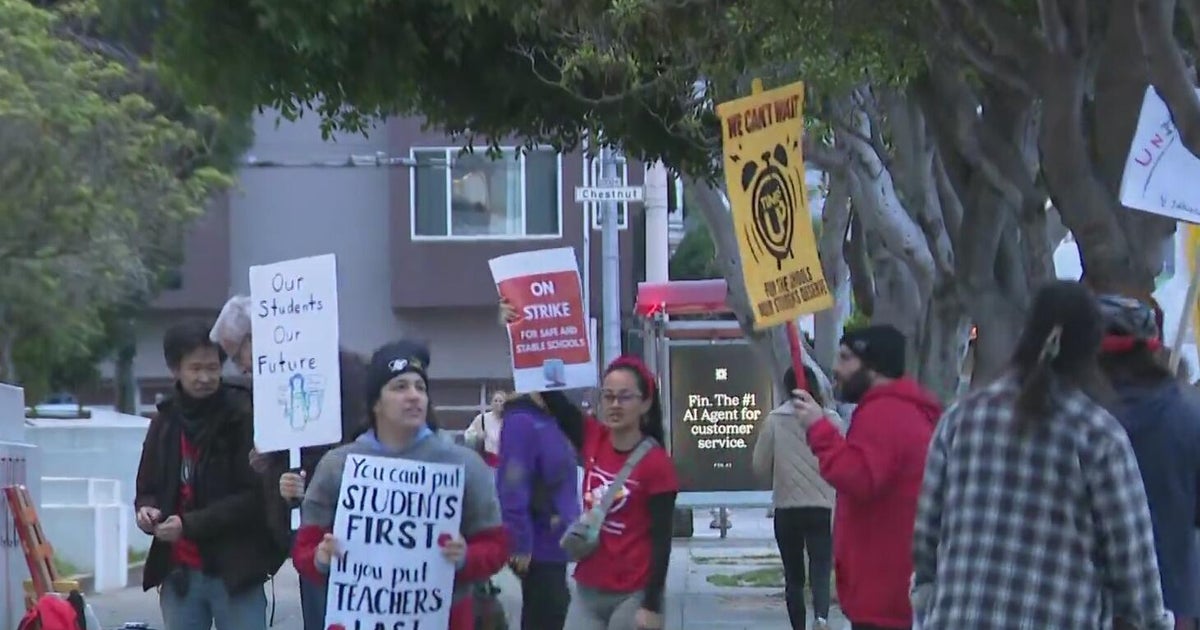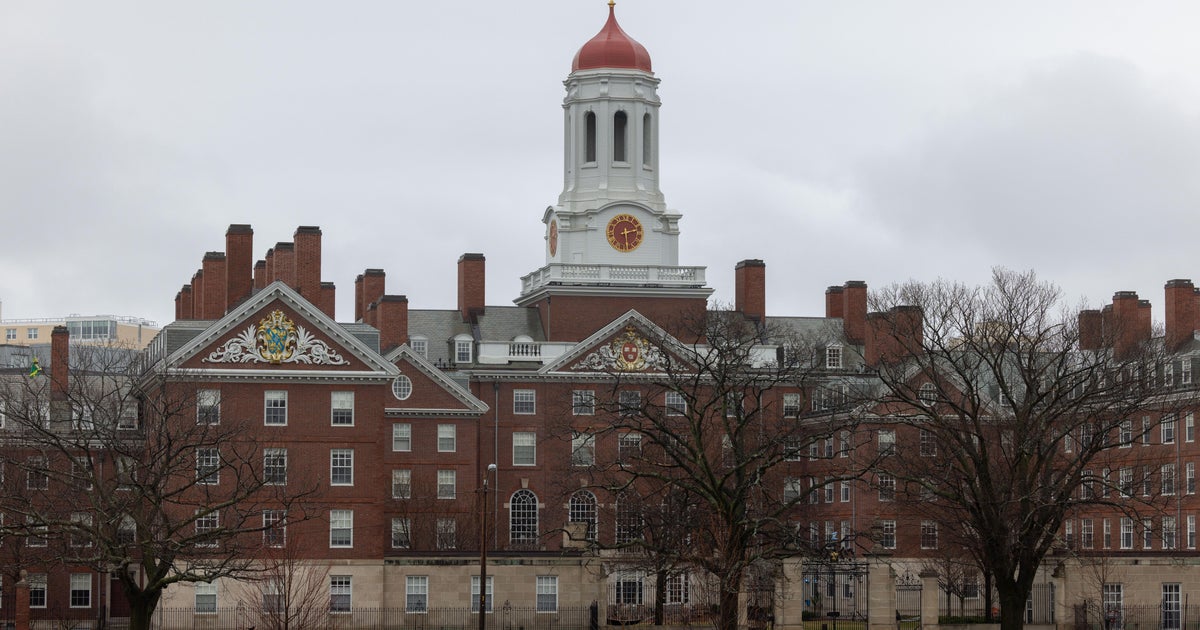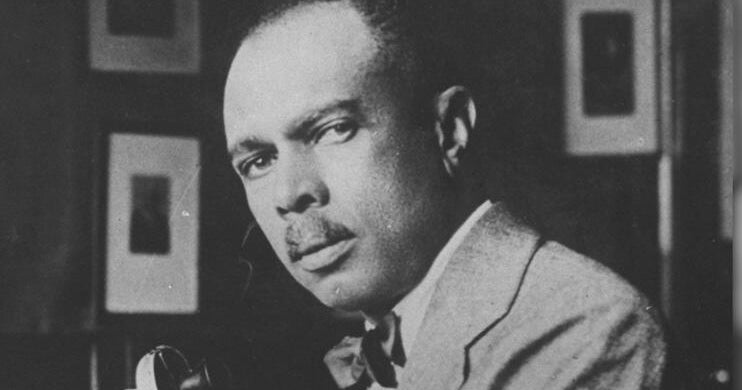Texas College Tuition Rises
AUSTIN, Texas (AP) — The average student at a state university in Texas is paying 55 percent more for their education than a decade ago, when state lawmakers deregulated tuition and allowed campuses to start setting their own prices, according to a newspaper analysis.
The Dallas Morning News reported Sunday that tuition and fees now cost state residents an average of more than $7,500. Before deregulation, average costs were more than $4,000.
The steeper costs are putting the state's premier campuses out of reach for many families. Most expensive is the University of Texas at Dallas, where the average student pays more than $11,500.
Dominic Chavez, spokesman for the Texas Higher Education Coordinating Board, said the problem is twofold: lack of state funding and bloated institutions.
"Higher education has to do everything more effectively and efficiently with less dollars," Chavez said. "We have to invest at strong levels plus help control the cost of the institutions."
Gov. Rick Perry has sought to rein in costs by launching a program whereby students can pursue a $10,000 bachelor's degree and calling for greater efficiency on state campuses, which has sometimes caused friction with administrators and faculty who worry about quality. Earlier this week, Perry called for incoming freshman to be able to lock in tuition rates for four years, guarding them against price hikes before graduating.
The Legislature will likely look at the idea when lawmakers reconvene in January.
Before 2003, the state put ceilings on tuition that made college more affordable. But in trying to help close a budget gap that year without raising taxes, lawmakers cut the amount of taxpayer money sent to state universities and allowed campuses to set their own costs.
Kelsey Menzel, a former college adviser at Samuell High School in Dallas, said many of her students were the first in their families to go to college, some of whom are illegal immigrants, who needed financial aid or loans to attend school.
"At the beginning of the year, everyone was thinking, 'I can go anywhere, do anything,'" Menzel said. "But reality kind of set in. When the financial award letters started coming in, they'd say, 'Maybe it's not feasible or not the right path for me.'"
Tuition spikes at Texas universities are part of a nationwide trend. But the situation in Texas was compounded when lawmakers cut close to $1 billion from higher education funding last year.
At the University of Texas at Austin, chief financial officer Kevin Hegarty said the flagship school of the UT system lost $92 million in the most recent cuts.
"We're not just going to save our way to prosperity by cutting, cutting, cutting," he said.
State Rep. Dan Branch, the Dallas Republican who leads the House Higher Education Committee, said cuts are "forcing higher education administrators to be more creative and innovative in educating students.
(© Copyright 2012 The Associated Press. All Rights Reserved. This material may not be published, broadcast, rewritten or redistributed.)







